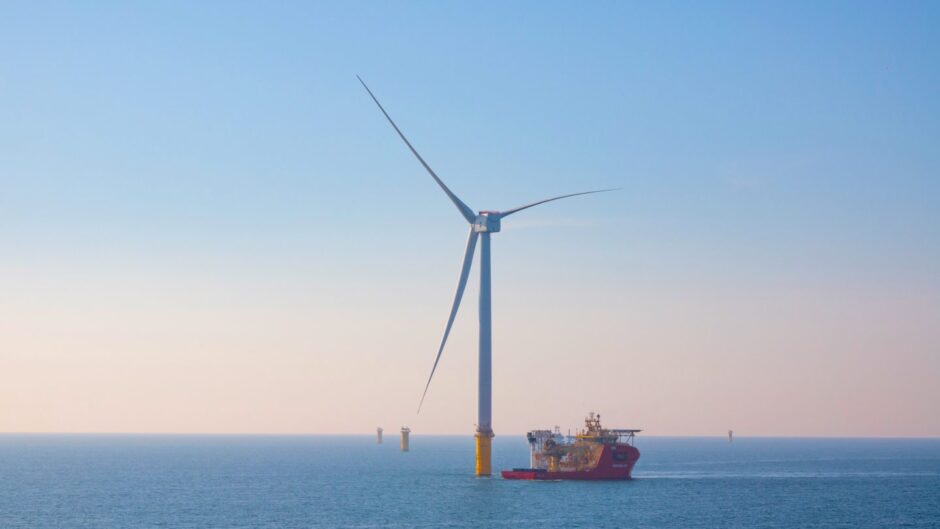
In the race to meet climate targets and secure a resilient energy supply, the UK and Norway have emerged as pivotal partners, leveraging their shared North Sea resources to drive innovation and economic growth.
The upcoming Energetic Future event brings together energy leaders, policy-makers, and innovators to explore the latest advancements in renewable energy and sustainable technologies between these two nations.
From offshore wind to hydrogen and carbon capture, the collaboration between the UK and Norway is setting a robust foundation for a sustainable energy future.
Powering Oil & Gas with Offshore Wind
One of the most ambitious projects illustrating this collaboration is Norway’s Hywind Tampen floating wind farm.
Located in the North Sea, Hywind Tampen now partially powers Norwegian oil and gas platforms Snorre and Gullfaks, reducing emissions from traditional fossil fuel operations.
This integration of renewable energy into existing infrastructure sets a precedent for similar projects within the UK, which recently launched its Innovation and Targeted Oil & Gas (INTOG) initiative to promote offshore wind deployment specifically to decarbonise oil and gas installations.
The UK’s INTOG initiative exemplifies the push for floating offshore wind as a clean power source for offshore oil and gas platforms.
With Crown Estate Scotland awarding over 5 GW of offshore wind capacity in its latest INTOG leasing round, the UK is poised to create a pipeline of low-carbon power that could enable the North Sea’s oil and gas platforms to transition more quickly towards net-zero emissions.
Pioneering Carbon Capture and Storage Solutions
Carbon capture and storage (CCS) is another essential component of the UK and Norway’s clean energy strategy.
Both countries are capitalising on the North Sea’s unique geological formations, which provide ideal conditions for long-term carbon storage.
Norway’s Northern Lights project, part of the Longship CCS initiative, will serve as a cross-border CO₂ storage facility that could soon accommodate emissions from UK industries as well.
The UK recently awarded 20 carbon storage licences, laying the groundwork for a CCS network that complements Norway’s Northern Lights.
Notable UK projects include the Acorn and Viking CCS clusters, where leading energy companies are collaborating to store significant quantities of CO₂.
These initiatives are set to store millions of tonnes of CO₂ annually, showcasing the North Sea as a global hub for carbon storage.
Hydrogen: Fuel of the Future
Hydrogen is another area where UK-Norwegian collaboration is advancing energy transition efforts.
With extensive experience in natural gas production, both countries are now exploring ways to adapt infrastructure for hydrogen, seen as a critical clean fuel for hard-to-decarbonise sectors like shipping and heavy industry.
Norway has been particularly active in advancing blue hydrogen, produced from natural gas with CCS, while the UK’s hydrogen strategy aims to double production targets for both blue and green hydrogen by 2030.
The updated MoU between the UK and Norway on CCS and hydrogen collaboration strengthens this partnership.
It encourages investment and knowledge sharing to accelerate hydrogen development, with both countries aiming to increase production capacity and create scalable solutions.
Cross-Border Energy Integration for a Resilient Economy
The North Sea offers a unique opportunity to develop integrated energy systems that serve multiple markets and drive economic growth on both sides of the UK-Norway border.
Projects like the North Sea Wind Power Hub—a concept under discussion among several North Sea countries—seek to create large-scale offshore wind farms that could directly connect to both the UK and Norwegian grids.
Such integrated projects will strengthen energy security, optimise resource use, and help balance supply and demand across the North Sea region.
As new policies and cross-border agreements continue to take shape, the collaboration between the UK and Norway is setting a powerful example of how regional partnerships can drive meaningful progress towards net zero.
Energetic Future provides an ideal platform for industry leaders and policymakers to discuss these pioneering efforts and to catalyse further developments that support a sustainable North Sea economy.
The Path Forward
The UK and Norway’s joint commitment to clean energy transformation exemplifies how strategic partnerships can address the dual challenge of decarbonisation and economic resilience.
With a focus on innovation, infrastructure, and policy alignment, these two nations are setting the stage for a thriving, low-carbon energy future—one that will be showcased and shaped at Energetic Future.
Energetic Future: A Platform for Collaboration and Growth
To advance this transformative partnership, Energetic Future will convene industry leaders, policymakers, and innovators from the UK and Norway.
This high-profile event provides a platform for sharing progress, exchanging insights, and addressing ongoing challenges in the energy transition.
Attendees will have access to exclusive networking opportunities with government representatives, energy companies, suppliers, investors, academia, and industry bodies from both countries. Highlights include:
Day 1 (Monday): Site visits, a Digital Innovation Workshop, and an Evening Networking Reception hosted by Ambassador Hattrem at Newcastle’s Civic Centre, gathering around 150 guests.
Day 2 (Tuesday): The main conference at St James’ Park, opened by Ambassador Hattrem and Dr Henry Kippin, CEO of the North East Combined Authority. Keynotes from industry leaders, including Alok Vora (Mission Control), Frank Ketelaars (DNV), and Susan Falck-Lovesey (Equinor), will set the stage for in-depth discussions on themes including:
- Green Transition Skills and Talent Pipeline (with a roundtable focus)
- AI, Digital, and Technology Solutions
- Grid, Hydrogen, Batteries, and Storage
- AI’s Energy Dilemma – managing energy demand for innovation
- Ports, Maritime, CCUS, Oil & Gas, and Offshore Wind.
Strengthening the Supply Chain and Driving Economic Growth
The Energetic Future event also addresses the supply chain, equipping attendees with insights to navigate and enhance their logistics in line with green goals.
With participation from political delegations, the event provides a unique forum where business leaders and policymakers can engage in dialogue aimed at fostering sustainable economic development across the North Sea region.
Join us at St James’ Park for two days of actionable insights, networking, and collaboration, exploring real-world projects and cutting-edge solutions that showcase the successful fusion of UK and Norwegian expertise.
This is a unique opportunity to learn, connect, and contribute to the energy transition, supporting a resilient, low-carbon economy for the North Sea region and beyond.
Don’t miss your chance to be part of a collaborative movement driving global energy transformation.
Recommended for you

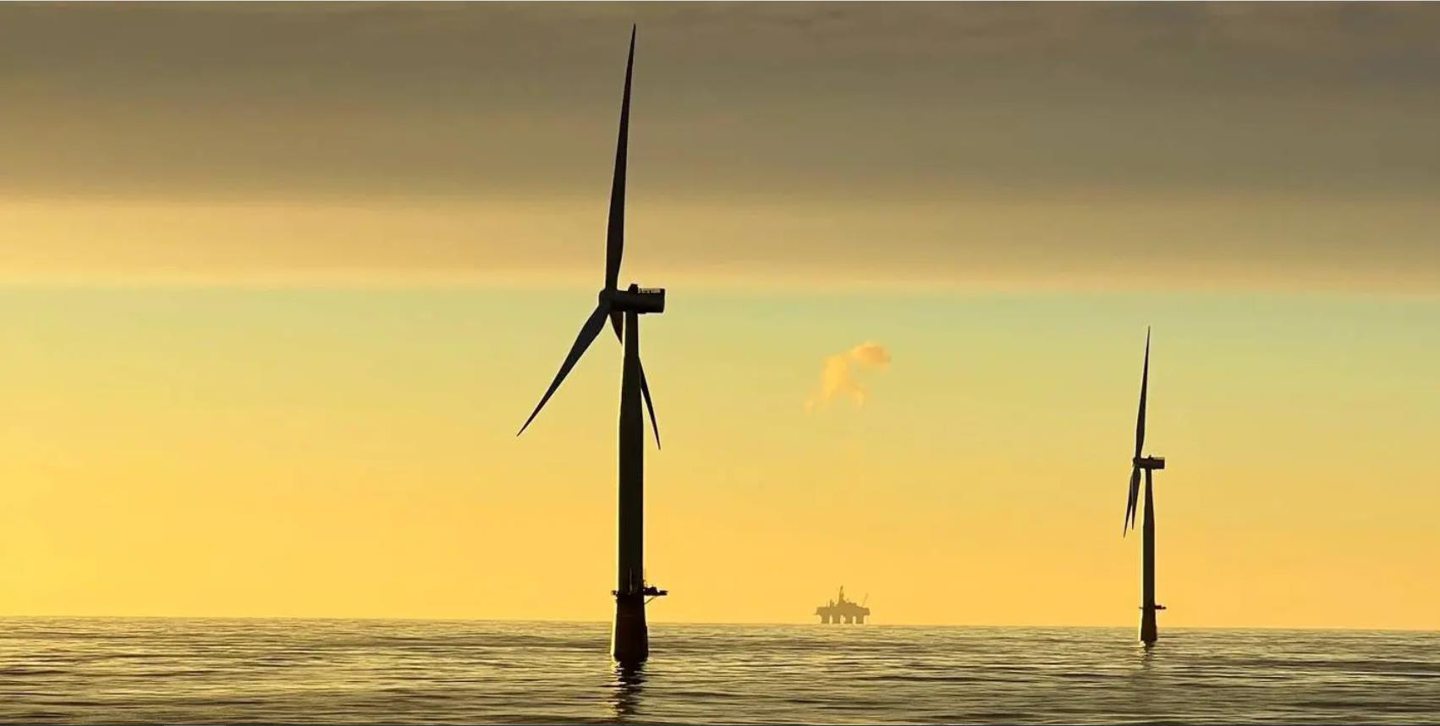 © Supplied by Equinor
© Supplied by Equinor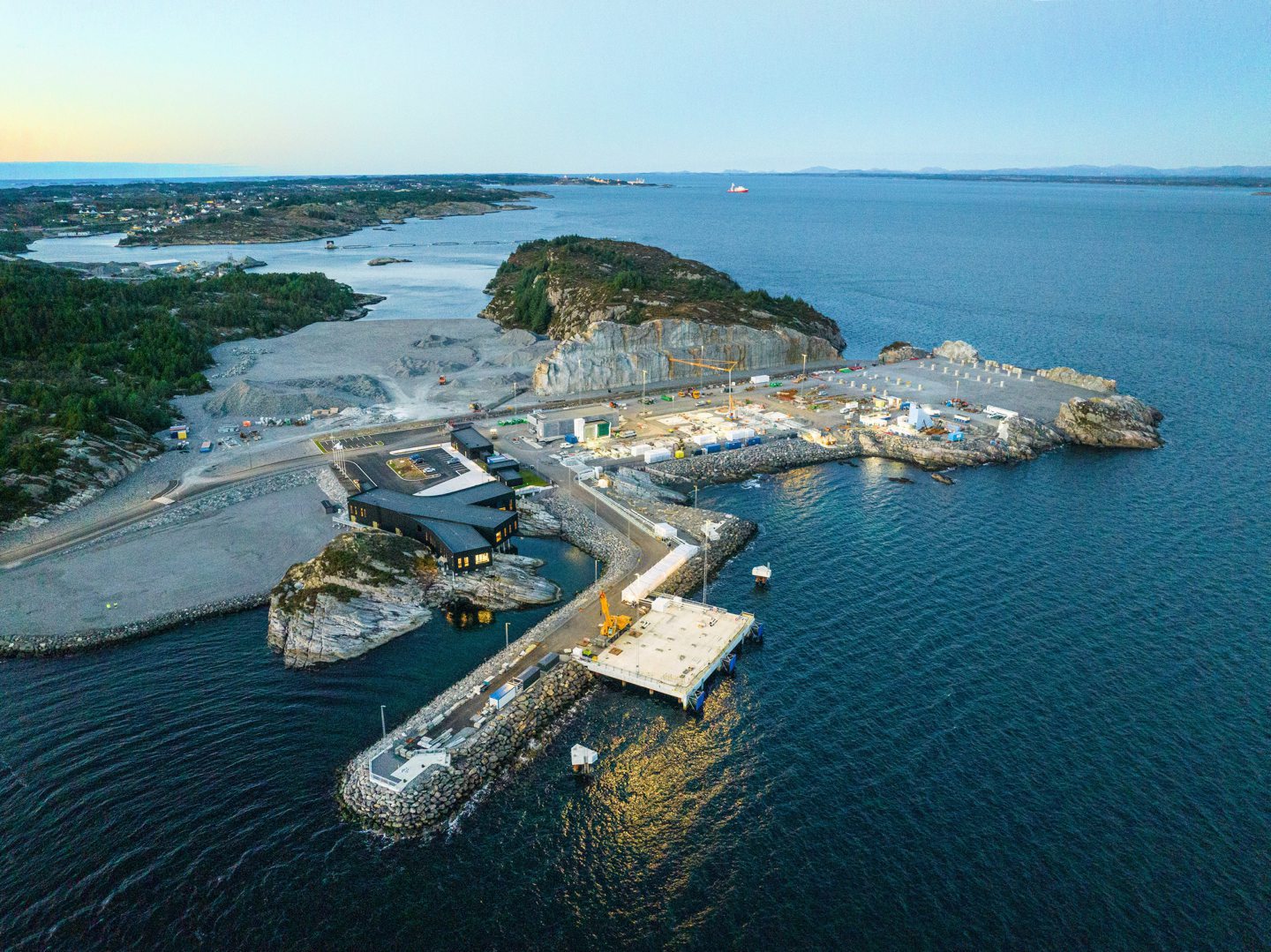 © Supplied by Tanks arriving at No
© Supplied by Tanks arriving at No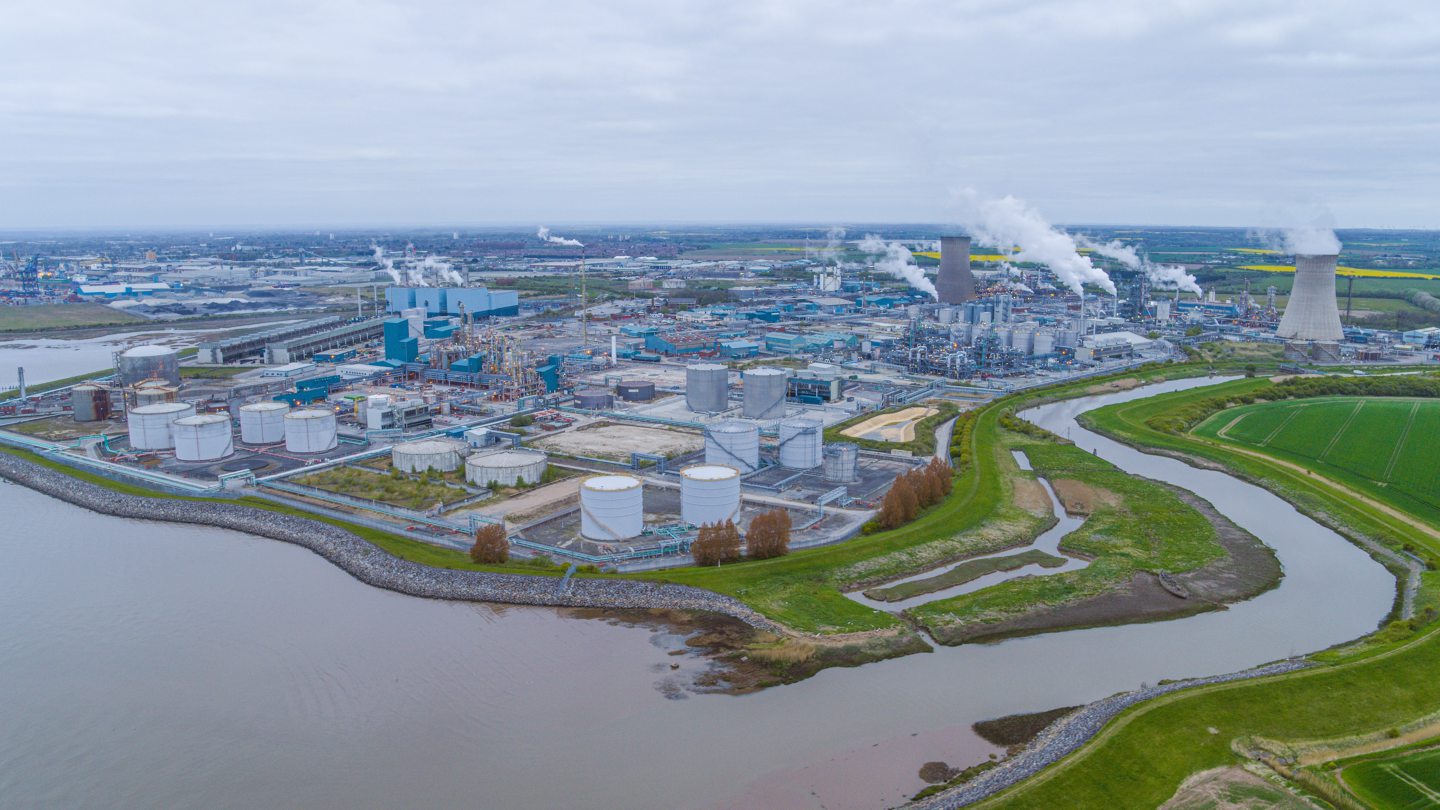 © Supplied by Equinor
© Supplied by Equinor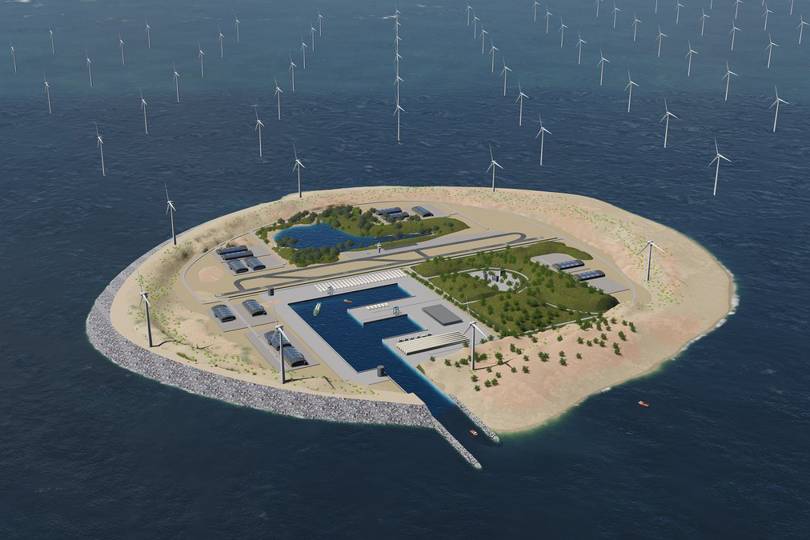 © TenneT
© TenneT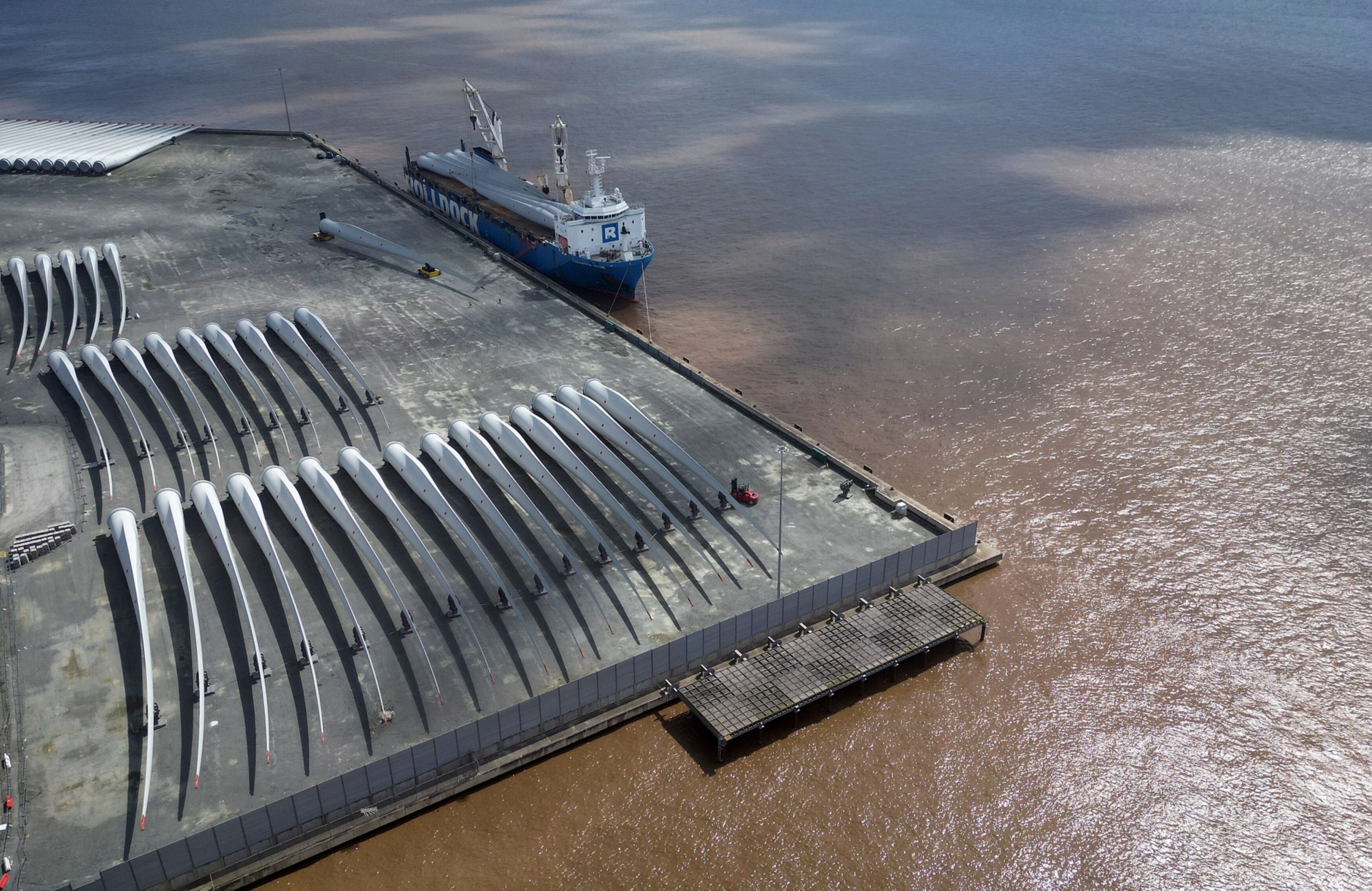 © Photographer: Darren Staples/Blo
© Photographer: Darren Staples/Blo